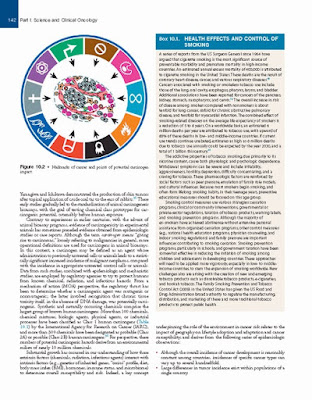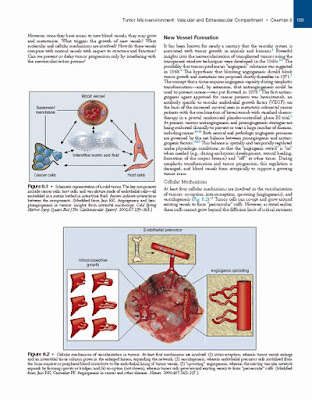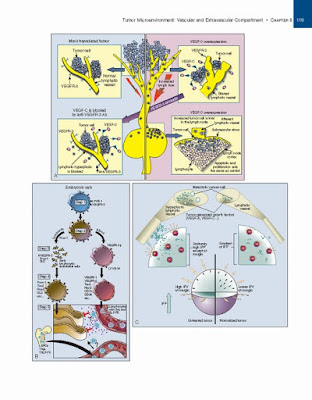by John E. Niederhuber MD (Author), James O. Armitage MD (Author)
New insights into whole genome sequence variations and the genomic structural alterations associated with cancer, including their downstream effects on protein structure and function, are helping us to define specific communication pathway changes that drive cancer initiation, progression, metastasis, and resistance. We have learned that each individual and each tumor may be unique. Individual physiognomies in terms of path of progression and unique cellular communication pathway alterations are continuing to define the nature of specific cancers and offer greater opportunities for the development of highly prescriptive intervention(s).
In addition, we have a much greater understanding of the relationship of the host’s tissues, the patient’s immune system, and the broad tumor microenvironment, to the process of tumor development and progression and their impact on tumor control. This new body of knowledge on how the body’s immune system and the tumor’s microenvironment are altered to support disease growth, invasion, and distant spread is providing opportunities for the development of novel therapeutic interventions. There is exciting new evidence to support the presence of a special subclass of cells within the tumor that has properties of “sternness,” which places them in the key role of maintaining tumor growth and tumor spread. The cumulative effect of these advances— where certain cancers can be prevented and where others will be detected earlier and controlled—promises to be transformative in our effort to conquer cancer.
The sixth edition of Abeloff’s Clinical Oncology incorporates the exciting advances in basic, translational, clinical, and epidemiologic oncology. Each chapter begins with a summary highlighting the key points and comprises a critical analysis of the literature and updated clinical studies—authors present their own opinions in specially identified boxes and algorithms.
Despite significant progress, the diagnosis of cancer remains devastating to patients and their families. Our goal is to provide a reference textbook that is the most useful, understandable, attractive, and thorough in presenting the principles of clinical oncology. It is meant to be equally
useful to students and trainees, experts in the various disciplines of oncology, and as a reference text for physicians from other medical disciplines and the various staff who regularly care for patients with cancer. It is our hope that readers will find this scholarly textbook properly balanced between the disciplines of science, clinical medicine, and humanism and that it will serve them well in their efforts to prevent, diagnose, and effectively treat their patients suffering from cancer.
The multidisciplinary nature of cancer care is, and will continue to be, reflected in our editors. Experts in cancer biology, surgical oncology, pediatric oncology, radiation oncology, medical oncology, and hematologic malignancies directed the development of the content. Reflecting the multispecialty approach necessary for optimal care of patients, the majority of chapters are the joint product of several of these disciplines. Engaging the very best subject matter authorities was a guiding principle for the editors and we are deeply indebted to our outstanding authors who, in a most diligent and thoughtful way, have brought their knowledge and skills to the sixth edition of Abeloff’s Clinical Oncology.
Product details
- Publisher : Elsevier; 6th edition (April 9, 2019)
- Language : English
- Hardcover : 2072 pages
- ISBN-10 : 0323476740
- ISBN-13 : 978-0323476744
- Item Weight : 9.19 pounds
- Dimensions : 8.75 x 2.5 x 11 inches







No comments:
Post a Comment